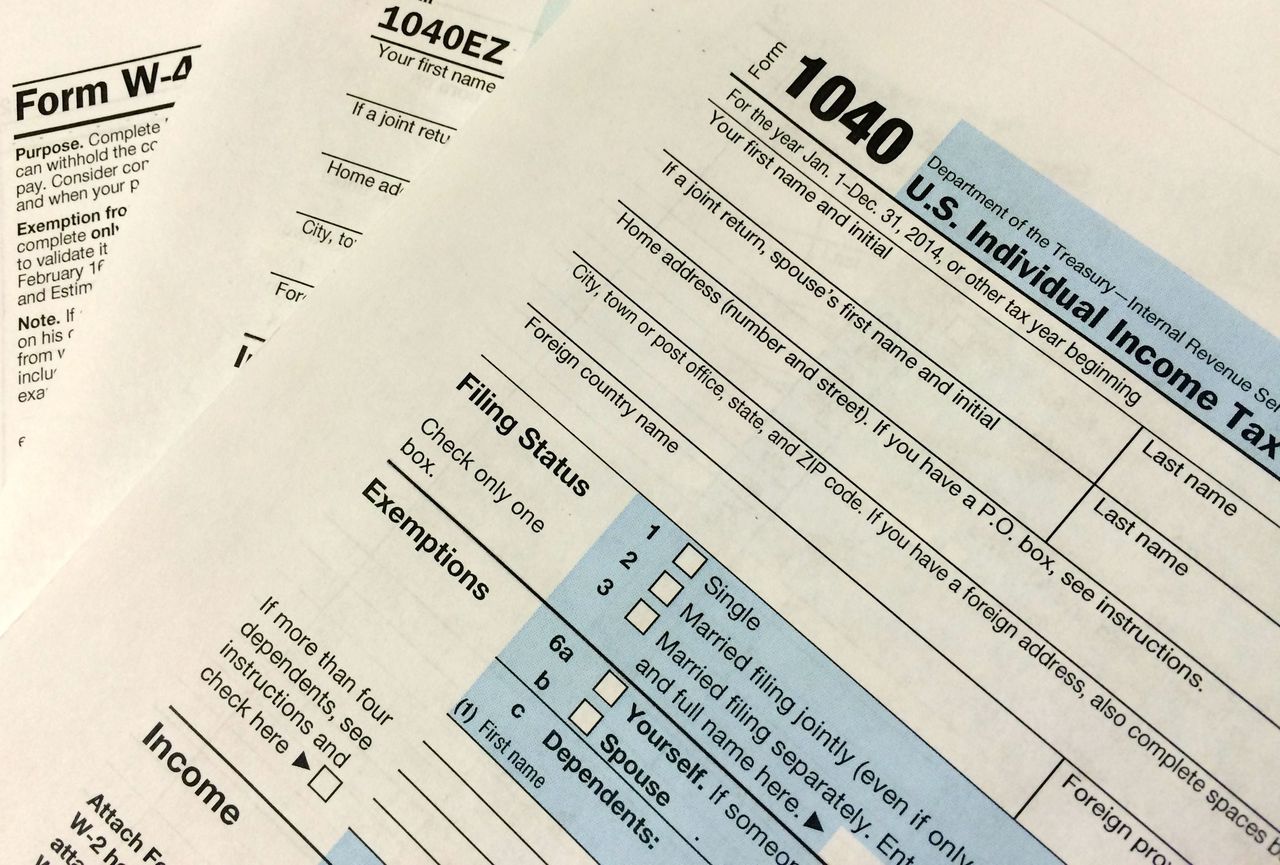Letter tells you youâre owed a refund from IRS? Itâs likely a scam
The Internal Revenue Service has a warning for taxpayers in relation to a new scam that males people believe they are owed a tax refund.
The new scheme involves people receiving a cardboard envelope from a delivery service. Inside is a letter with the IRS masthead and wording that the notice is “in relation to your unclaimed refund.”
Like similar scams, the letter includes contact information and a phone number that do not belong to the IRS but does seek a variety of personal information from taxpayers, including detailed pictures of the recipient’s drivers license. That information can then be used by scammers to obtain a tax refund as well as other sensitive financial information.
“This is just the latest in the long string of attempts by identity thieves posing as the IRS in hopes of tricking people into providing valuable personal information to steal identities and money, including tax refunds,” IRS Commissioner Danny Werfel said in a statement. “These scams can come in through email, text or even in special mailings. People should be careful to watch out for red flags that clearly mark these as IRS scams.”
There are some signs the letter is a scam. It claims people need to submit “filing information” for their refund with some awkwardly worded requests such as “A Clear Phone of Your Driver’s License That Clearly Displays All Four (4) Angles, Taken in a Place with Good Lighting.”
It also asks for information such as your cellphone number, bank routing information, Social Security number and bank account type, followed by a poorly worded warning:
“You’ll Need to Get This to Get Your Refunds After Filing. These Must Be Given to a Filing Agent Who Will Help You Submit Your Unclaimed Property Claim. Once You Send All The Information Please Try to Be Checking Your Email for Response From The Agents Thanks”
The IRS reminds people to be wary of unsolicited texts or emails designed to obtain personal information. It’s also important to remember the IRS never initiates contact with taxpayers by email, text or social media regarding a bill or tax refund.
